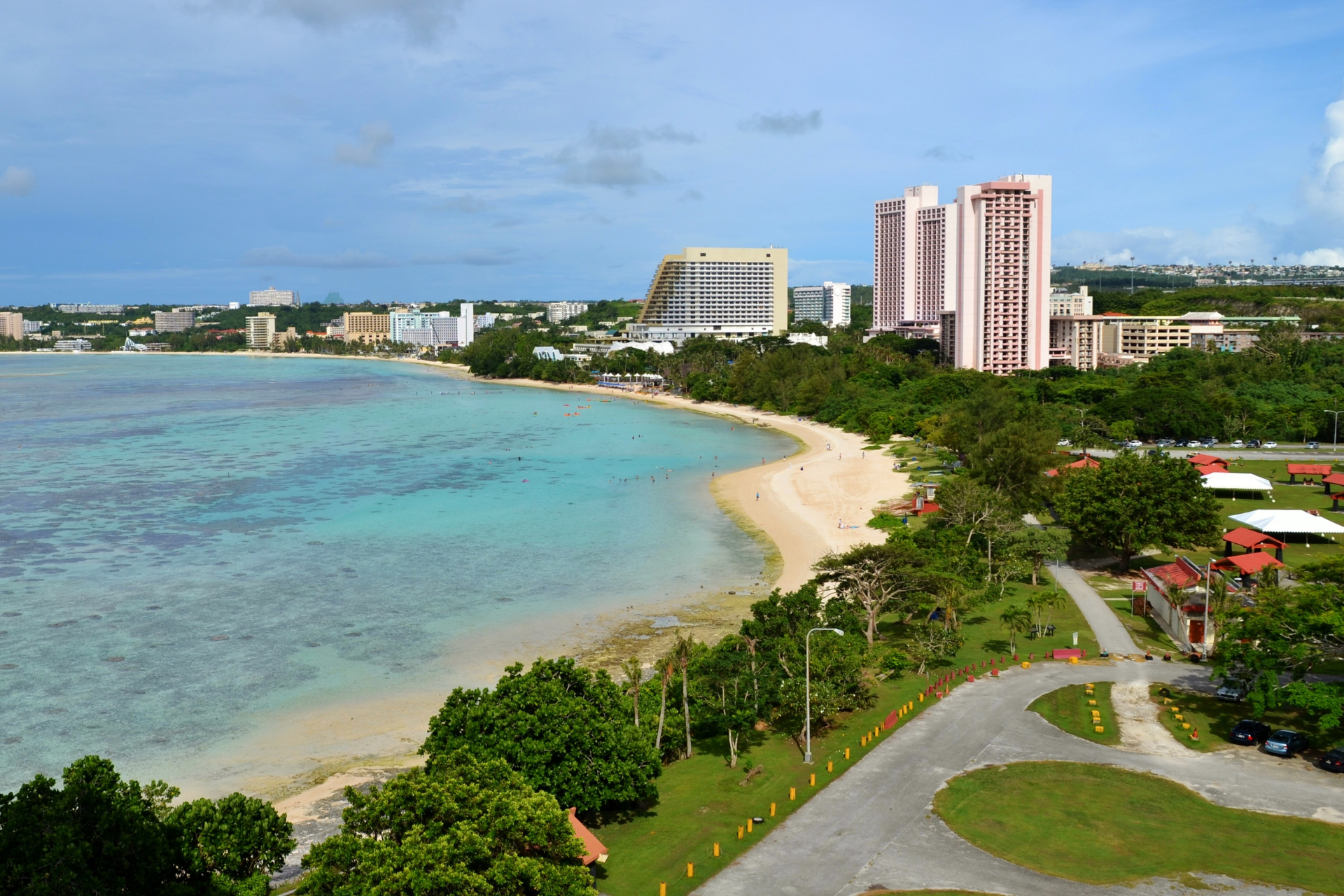Governor Alejandro Garcia Padilla said Wednesday that he was “announcing” Puerto Rico’s economic “recovery” — contradicting all economic data and reports of economists.
In a broadcast interview, the “Commonwealth” party chief executive dismissed the factual economic indicators and analyses of experts as “pessimism,” proclaiming that he has “decided not to be part of negativism.”
Instead, Garcia asserted, “We are on track to recovery,” contending that the economy of the territory “is gathering speed and strength.”
Hours later, economist Sergio Marxuach said in another broadcast interview, “You cannot say that everything is pink and we are living in Disneyland, because that’s not true. People know in their daily lives that things are bad. A person who is a leader cannot make a speech that is socially unreal and then expect people to believe it, and obviously investors believe it even less because they see economic statistics.”
Facts — including from Garcia’s Administration as well as from the Federal government — do not back up the Governor. Puerto Rico’s Government Development Bank’s Economic Activity Index shows an almost consistent decrease in the economy during the past 10 months.
The drop in the last two months reported, July and August, was five percent in July and another 5.4% in August compared with the year before. The decrease has escalated from .7% in November 2012, 1.3% in December 2012, 1.8% in January, 3.1% in February, 3.1% in March, 3.5% in April, 3.4% in May, and 4.5% in June to July’s 5% and August’s 5.4%.
Puerto Rico’s unemployment rate has increased even though the number of jobs and the population has plummeted and the percentage of the territory’s residents in the workforce has slid to less than 40% (compared with more than 60% in the States). The jobless rate rose to 13.9% in August, according to the Federal Bureau of Labor Statistics.
The unprecedented population decrease over the past dozen years has occurred as hundreds of thousands of Puerto Ricans have chosen statehood over the limits of territory status by moving to a State. This mass migration demonstrates the interrelationship between Puerto Rico’s problems and the United States as a whole, showing that Puerto Rico’s challenges stemming from its status as a territory are national issues.
Puerto Rico’s economy has been in recession for seven and a half years, after stagnating for five.
The incomes of residents of the States has grown at a faster pace than the much lower incomes of Puerto Ricans for four decades, after a just a couple of decades of the gap narrowing.
Garcia’s Administration still projects economic growth of .2% during the fiscal year that began July 1st, although it has already reported shrinkage during July and August.
But other economists disagree: Vicente Feliciano of Advantage Business Consulting forecasts a two percent contraction in the economy. Joaquin Villamil of Estudios Technicos predicts slippage of at least one percent. And Inteligencia Economica’s Gustavo Velez calculates a decline of nearly one percent.
The top bond rating agencies in the United States also see the economic prospects of the territory differently than the Governor. They have classified the outlook for the Commonwealth government’s debt as “negative” based on projections of further economic deterioration and population loss, reducing the territory’s ‘tax base.’
The Governor’s economic team not only thinks that the economy will grow .2% during the current fiscal year ending next June 30th, it claims that the territory’s economy will expand 2.6% by the fiscal year beginning July 1, 2016.
Garcia seeing the economy ‘through rose-colored glasses’ was consistent with his government campaign to promote confidence in the Commonwealth. The effort began recently with $2 million in advertising.
The “Star Island” campaign quickly suffered a major embarrassment, however, when it was revealed just days after the ads began that the young boy who was featured in the commercials had moved with his family to Florida because his engineer father could not find a job with adequate pay in the territory.
Puerto Rico’s territorial economy was built on pillars that no longer exist, such as an advantage for products in access to the U.S. market in comparison to foreign goods, lowly-paid labor, cheap energy, and exemption from Federal as well as territorial income taxation for island manufacturing by companies in the States as well as a lack of environmental and other regulations.
The economy currently suffers most from being denied many billions of dollars a year in Federal spending due to Puerto Rico’s territory status, popularly but misleadingly called “Commonwealth.”
President Obama’s Task Force on Puerto Rico’s Status reported in 2011, “Identifying the most effective means of assisting the Puerto Rican economy depends on resolving the ultimate question of status.” This is the question of whether the territory will become a State or a nation.
In a plebiscite last November, Puerto Ricans rejected territory status by 54% and chose statehood in preference to nationhood, with statehood winning 61.2% of the vote.
Because Garcia and his “Commonwealth” party majorities in Puerto Rico’s legislature dispute the vote, the Obama Administration — which hailed the plebiscite results — has proposed another vote under U.S. Justice Department auspices. This would make it difficult to dispute the status choice of Puerto Ricans. The Republican-controlled U.S. House of Representatives Appropriations Committee has approved the Obama proposal.
In addition, Puerto Rico’s representative to the Federal government, who has a seat without a vote in the U.S. House, statehood party President Pedro Pierluisi, and 124 other House members have sponsored a bill for a plan for a transition to statehood if Puerto Ricans vote for the status in a Federally-authorized referendum.


